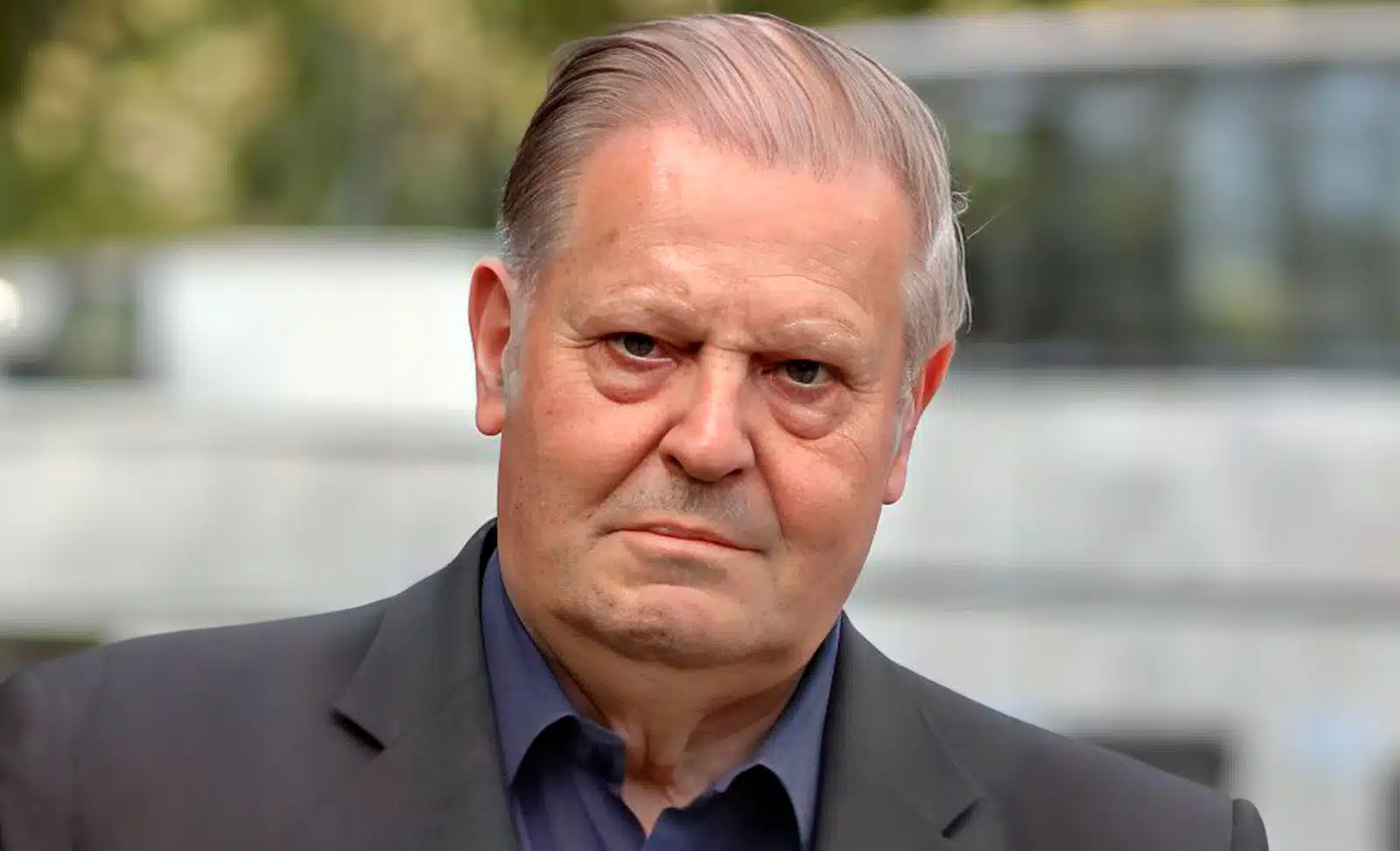The Tobacco Studies Institute has urged the World Health Organization (WHO) to adopt the Swedish model of transitioning towards smokeless alternatives to combat smoking. Criticizing current policies and emphasizing harm reduction, the Institute anticipates a crucial debate at the upcoming COP10 meeting in Panama.
In a compelling dissection of conventional anti-tobacco strategies, the Tobacco Studies Institute (TSI), led by Dr. Lars M. Ramström in Täby, Sweden, has introduced a convincing narrative into the public discourse. Its recent publication on Qeios requests the World Health Organization (WHO) to assimilate the promising Swedish model of transitioning smokers to less harmful smokeless tobacco alternatives.
The scholarship and argumentation of Dr. Ramström, a pillar of the TSI and a veteran crusader in tobacco control realms, lend gravity and authority to the argument. The crux of the TSI’s message is the WHO’s insufficient application of science-backed strategies to reduce fatalities caused by smoking.
While the efforts to curb tobacco demand and supply are commended, the paper underscores the imperative need for a third pillar — harm reduction — to strengthen the anti-smoking fight. Dr. Ramström explains that the harmful effects of smoking are largely linked to tobacco combustion, thereby endorsing smokeless alternatives as a pathway to reduce smoking rates and associated mortality.
The narrative of the text is bolstered by studies about realities in Sweden, Norway, Japan, and New Zealand, nations where smokeless tobacco and new nicotine products have catalyzed a noticeable decline in smoking prevalence. The juxtaposition of Sweden’s low smoking rates and the WHO’s strict stance against new-generation nicotine products exposes a dichotomy deserving of serious deliberation, especially at the upcoming COP10 meeting in Panama. The document posits that myopic stigmatization of new nicotine products could inadvertently bolster the cigarette industry, a nefarious entity on the global health board.
Dr. Ramström’s demand for an open-minded assessment of emerging scientific evidence at COP10 is not just a call to shift the paradigm in WHO’s anti-smoking narrative but to adopt a more nuanced, science-based, and less dogmatic approach to global tobacco control. It exalts the virtues of harm reduction, underscoring the potential of smokeless alternatives in a crusade against a global smoking epidemic that continues to be a scythe of mortality.
The ITS document is a judicious and versed call for a more nuanced dialogue and policy framework that transcends the traditional Manichaeism of anti-smoking strategies. It is a narrative replete with empirical evidence, imploring health cognoscenti to reject a one-size-fits-all doctrine in favor of a more personalized, compassionate, and evidence-based approach to reducing the global burden of smoking.
In a realm where the inertia of traditionalism and moralism often eclipses the dynamism of scientific innovation, the ITS document is a refreshing clarion call for a reevaluation of entrenched anti-smoking dogmas within Tobacco Control. The global health community, particularly the WHO, now has the responsibility to heed or disregard this wise counsel. This decision’s ramifications could resonate through generations, redefining the trajectory of global public health.
Lars M. Ramström, born in 1931, founded the ITS in 1991 after retiring as the Director-General of the NTS, a predominantly government-funded NGO focused on scientifically informing the public to reduce tobacco-related diseases. During his 24 years at the NTS, Ramström expanded his original training in natural sciences, acquiring extensive competence in medical, social, and economic aspects related to tobacco. He also established a global network through which he participated in numerous international activities, such as world conferences on smoking or health and various WHO expert committees. He has also been active in the ICAA, holding roles such as Honorary Vice President and President of the Tobacco Dependence Section. At the ITS, he solidified his role as a researcher and frequently collaborates as a reviewer for scientific journals.

